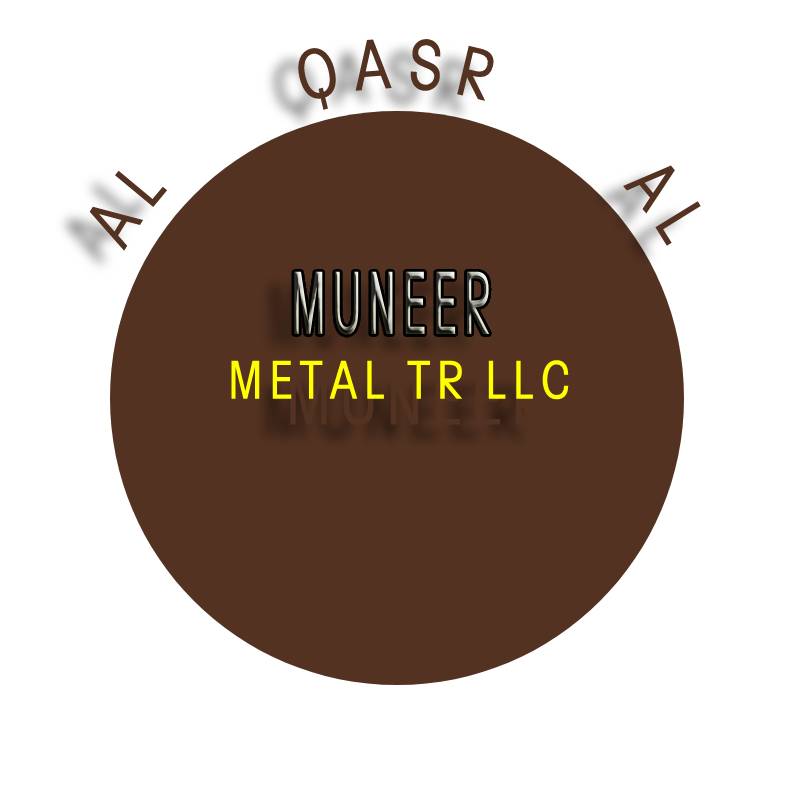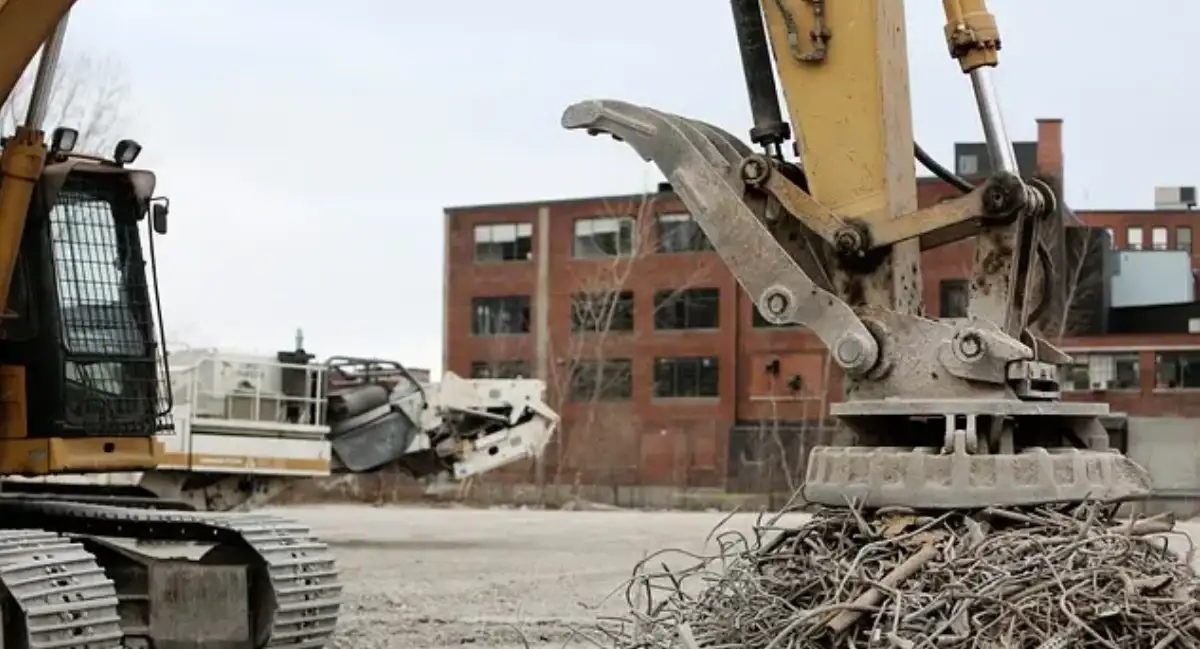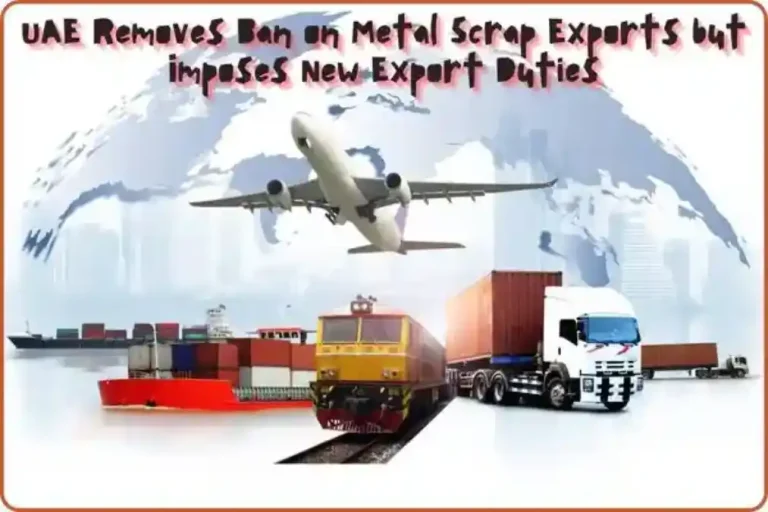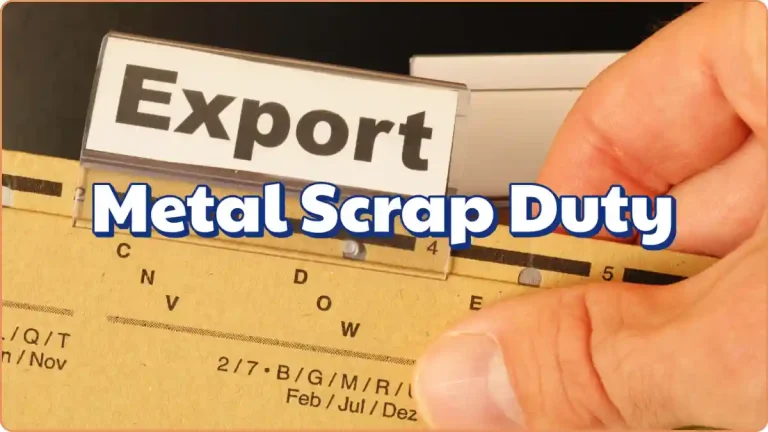UAE Metal Scrap Ban
UAE metal scrap Ban on Exports Continues to Impact Steel Industries in Pakistan, India, and China The UAE metal scrap ban on exports since May 2020, significantly impacting the steel industries of countries heavily reliant on the UAE as a critical source of ferrous scrap. Pakistan, India, and China, in particular, have faced substantial challenges…
UAE metal scrap Ban on Exports Continues to Impact Steel Industries in Pakistan, India, and China
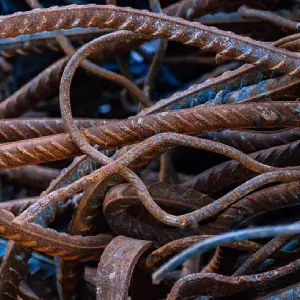
The UAE metal scrap ban on exports since May 2020, significantly impacting the steel industries of countries heavily reliant on the UAE as a critical source of ferrous scrap.
Pakistan, India, and China, in particular, have faced substantial challenges due to the scarcity of this vital raw material.
This article explores the persisting UAE metal scrap ban and its profound consequences on the steel sectors of these nations.
| UAe metal scrap ban | starting Date | Ending date |
|---|---|---|
| 1 | May-20 | Sep-20 |
| 2 | Sep-20 | Mar-21 |
| 3 | Mar-21 | Sep-21 |
| 4 | Sep-21 | Mar-22 |
| 5 | Mar-22 | Sep-22 |
| 6 | Sep-22 | Mar-23 |
| 7 | Mar-23 | Sep-23 |
The Ongoing metal scrap ban and Its Implications:
Since its initial implementation in 2020, the UAE’s ban on metal scrap exports has remained in effect, posing a continuous challenge for the steel industries of Pakistan, India, and China.
These countries heavily rely on UAE as a significant source of ferrous scrap to meet their manufacturing needs. The scrap ban has disrupted their supply chains, leading to increased costs and scarcity of raw materials for steel production.
Impact on Pakistan’s Steel Industry
The United Arab Emirates (UAE) holds a significant position as the second-largest supplier of metal scrap to the thriving scrap industry in Pakistan.
In 2019, UAE exports accounted for a substantial 18% share of Pakistan’s total scrap imports, with approximately 656,000 metric tons. This level of contribution highlights the critical role played by the UAE in meeting Pakistan’s demand for metal scrap.
The availability of UAE’s exports has been vital in ensuring a stable supply chain and supporting the growth of the metal scrap industry in Pakistan. However, any potential disruption or reduction in UAE’s exports would have far-reaching consequences for the industry, particularly in terms of supply shortages and the subsequent impact on prices.
Without the UAE’s substantial contribution, Pakistani importers would face challenges in meeting their demand, leading to increased competition among buyers and potential price surges.
As a result, the absence of UAE’s exports would significantly affect the dynamics of the metal scrap industry in Pakistan and potentially trigger a notable increase in import prices.
With a considerable dependence on imported ferrous scrap, Pakistani steel mills have been grappling with higher production costs and supply shortages.
The unavailability of this critical raw material has forced them to explore alternative sourcing options, including higher-priced imports from other countries or domestic alternatives, leading to a strain on their operations.
Challenges Faced by India’s Steel Industry:
India, one of the world’s largest steel producers, heavily relies on UAE for its ferrous scrap requirements. The continued ban on metal scrap exports has posed significant challenges for Indian steel manufacturers.
The scarcity of raw materials has resulted in increased production costs and a strain on the supply chain. Indian steel mills have had to explore alternative sources, resulting in higher import costs or dependence on domestic scrap collection, which may not be sufficient to meet the industry’s demands.
Consequences for China’s Steel Industry:
China, the world’s largest steel producer, also feels the impact of the export ban on metal scrap exports. As a major consumer of ferrous scrap, China has relied on UAE as a valuable source for its steel industry.
The scrap ban has disrupted the supply chain, leading to increased costs and potential delays in production. Chinese steel manufacturers have had to seek alternative sourcing options, which may involve higher import costs or increased domestic production, further straining their resources.
Efforts and Future Outlook:
The steel industries of Pakistan, India, and China are actively working towards finding solutions to mitigate the impact of the UAE’s ban on metal scrap exports.
These countries are exploring alternative sources, developing domestic scrap collection infrastructure, and diversifying their supply chains. Efforts are being made to establish stronger relationships with other scrap-exporting countries and encourage investments in local recycling facilities to ensure a reliable supply of raw materials.
Bottom line :
The UAE’s ongoing export ban on metal scrap exports has had a profound impact on the steel industries of Pakistan, India, and China. The scarcity of ferrous scrap has led to increased production costs, supply chain disruptions, and challenges in meeting the rising demand for steel.
As these countries navigate through the consequences of the UAE metal scrap ban, they are actively working towards finding alternative solutions and strengthening their domestic capabilities to ensure a stable supply of raw materials for their steel sectors.
